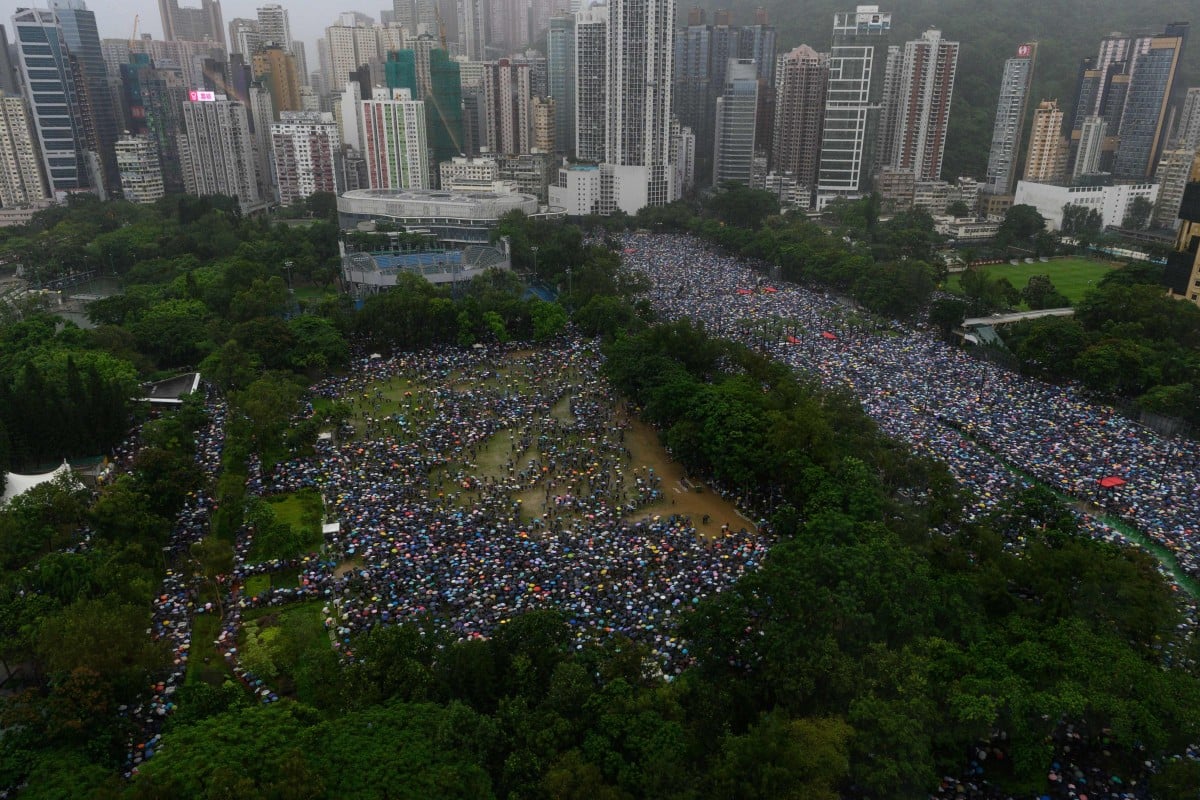Markus Shaw
The expression
 “Hong Kong people ruling Hong Kong”, which is still referred to in official documents as one of the principles underpinning the Basic Law, has almost completely fallen out of usage. Concurrently, one often hears from sources that the central government just wishes Hong Kong would get on with solving its own problems. Really?
“Hong Kong people ruling Hong Kong”, which is still referred to in official documents as one of the principles underpinning the Basic Law, has almost completely fallen out of usage. Concurrently, one often hears from sources that the central government just wishes Hong Kong would get on with solving its own problems. Really?
Far from wanting Hong Kong to solve its own problems, let alone allowing Hong Kong people to rule Hong Kong, the central government seems to wish to interfere in all aspects of Hong Kong’s life and governance: it handpicksour chief executive; it determines who can or cannot serve on the Executive Council; it must approve all ministerial and senior civil service appointments; it blatantly interferes in Legislative Council and District Council elections; it handpicks Hong Kong representatives to the National People’s Congress and Chinese People's Political Consultative Conference from a narrow coterie; it determines who is politically reliable enough to serve on our myriad advisory bodies… I could go on.
None of this gives the impression that they wish we would get on with “ruling” our city and solving our own problems.
It has been said housing is the fundamental issue hanging over the protests. It cannot be doubted that this is important to many people in Hong Kong, especially the young. However, I would suggest that the main issue driving the peaceful marches involving millions – perhaps the majority to whom housing is not an issue – is the increasing
“mainlandisation” of Hong Kong.
There is a reason why “one country, two systems” and “Hong Kong people ruling Hong Kong” are twin pillars of the Basic Law: they are mutually dependent. One principle cannot work without the other.
But let’s face it. The central government has no experience or expertise in running an open, pluralistic society. Its first instinct is to marginalise and silence
dissent. Such an approach does not work in Hong Kong. When you get dissent under your thumb and restore peace without resolving the underlying matter, protest just emerges in another form.
There is a vast middle ground of opinion and talent in Hong Kong that may not meet Beijing’s strict requirements for political reliability
My hope is for the central government to have the sophistication to realise there is a vast middle ground of opinion and talent in Hong Kong that may not meet Beijing’s strict requirements for political reliability. Nevertheless, people in this group love Hong Kong, wish it to prosper and want to contribute to its improvement; they have no interest in gaining independence or spreading subversion to the mainland, and are quite content to accept the mainland’s sovereignty.
Two things are necessary. Firstly, we need to broaden the franchise in Hong Kong to bring a broader cross-section of society into our institutions and formal governance structure. Much can be done here even without engaging in political reform as such.
Ultimately, however, the process of
political reform has to continue, if only to honour promises made in the Basic Law. (A good place to start is the
functional constituencies, which are despised for their narrow electoral base and disproportionate influence.)
It is the breaking of these promises above all that has driven
millions of people – of all ages, from all walks of society – to march together. Do they hate China? No. But they love Hong Kong first. Ask any person from Shanghai, Guangzhou or Chengdu, and you’d probably find the same attitude.
Secondly, the Hong Kong government needs to be given the space and authority to take on some of the powerful vested interests standing in the way of our progress. So long as the Hong Kong government is seen as hampered by these vested interests, given real or perceived support from Beijing, it will be perceived as weak and not really acting in the interests of Hong Kong people.
Prior to 1997, Hong Kong governors often stood up to British government demands and created space for themselves to manoeuvre and govern according to local conditions, which they knew best. I have no doubt that mayors of major cities in China do the same with the central government.
Markus Shaw is a businessman and lifelong citizen of Hong Kong. He is very active in the areas of nature conservation and better urban design. Previously chair of WWF Hong Kong, he now chairs Walk DVRC, an NGO formed to promote pedestrianization in Hong Kong
No comments:
Post a Comment